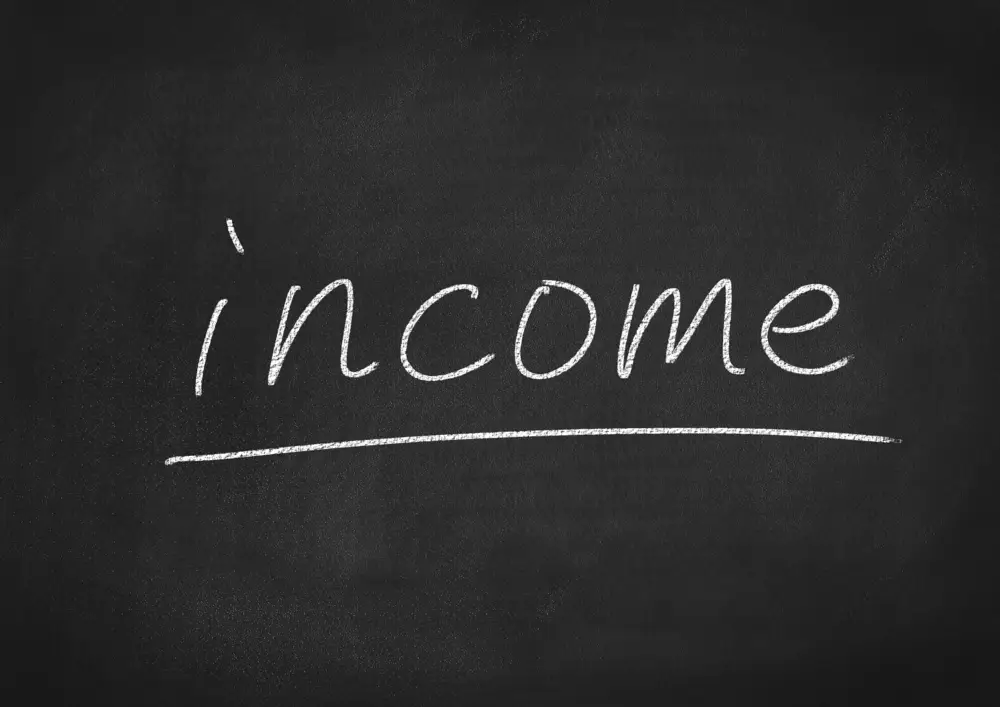Money Saver: Proven Tips to Maximize Your Savings
Achieving financial stability and freedom requires first a critical move toward savings: Adopting money saver behaviours can help you pay off debt, create wealth, or get ready for unanticipated expenses—all of which matter. This post offers doable advice and techniques to optimize your savings without compromising your quality of life.
Understanding the Importance of Saving Money
Why Saving Money Matters for Financial Security
Saving money guarantees financial freedom and offers a safety net during crises. It helps you be ready for unanticipated costs, such as auto repairs or medical bills, lessening your need for loans or credit cards. Savings can provide peace of mind since they let you know you have the means to face uncertainty in life.
Common Obstacles to Saving Money and How to Overcome Them
Many struggle to save due to low income, high expenses, or lack of financial education. To overcome these challenges, track your spending and identify areas to cut back. Automate your savings to make it a consistent habit. Set realistic goals and celebrate small milestones to stay motivated.
The Long-Term Benefits of Building a Savings Habit
Regular saving helps you to invest in possibilities like home ownership or school and, over time, creates wealth. It also facilitates stress-free financial goal attainment and comfortable retirement. You gain from compound interest, which rapidly increases your money, more the sooner you start saving.

Assessing Your Financial Habits
Identifying Spending Leaks in Your Budget
Spending leaks happen when small, undetectable expenses mount up over time. These might be impulse buys, regular coffee runs, or unneeded memberships. Review your bank statements to find these leaks and cut out pointless spending. Little adjustments have big savings potential.
Tracking Income and Expenses Effectively
Make a budget that lists all of your income sources and outlays. Track your spending with applications or spreadsheets. Sort costs into fixed (rent, utilities) and variable (grocers, entertainment). This habit guarantees that you keep within your means.
Recognizing Emotional Spending Triggers
Emotional spending often occurs during stress or boredom. Identify triggers by keeping a spending journal. Replace impulsive shopping with healthier coping mechanisms like exercising, reading, or meditating. Being mindful of your emotions helps you make better financial decisions.
Actionable Tips to Save Money Every Day
How to Cut Back on Daily Expenses
Daily expenses can be lowered by:
- Stashing lunches rather than dining out.
- Carpooling or public transportation.
- When generics do just as well, avoid brand-name items. Over time, these small changes compound significant savings.
The Power of Meal Planning and Cooking at Home
Meal planning saves money by lowering food waste and cutting back on takeaway expenses. Based on the sale of products, plan weekly meals and follow a shopping list. Regular dining out is significantly more expensive than cooking at home and less healthy.
Simple Ways to Reduce Energy and Utility Bills
Reduce utilities by:
- Then, moving to energy-efficient appliances.
- Turning off electronics and lights not in use.
- To raise heating efficiency, seal drafts in doors and windows. Using these techniques might save hundreds of dollars a year.
Smart Shopping Strategies for Maximum Savings
The Art of Using Coupons, Discounts, and Cashback Offers
Cashback schemes and coupons offer quick-buy savings. Easily hunt discounts with applications like Rakuten or Honey. For best savings, combine manufacturer coupons with retailer discounts.
Timing Purchases Around Seasonal Sales and Clearance Events
Retailers run major discounts during Black Friday or end-of-season clearing. Plan significant expenditures during times when you can save most. Watch forthcoming specials and make a list of things you need first.
Evaluating the Cost-Effectiveness of Bulk Buying
Purchasing in volume lowers the cost per unit but calls for careful preparation. Pay very close attention to nonperishable goods and regularly used things. Make sure your storage is sufficient to prevent waste. Sharing large purchases with friends or relatives can also help save on expenses.

Building a Savings Plan That Works
Setting Realistic Short-Term and Long-Term Savings Goals
To keep motivated, set explicit saving targets. While long-term goals could be retirement or home ownership, short-term goals could be creating an emergency fund. Your goals should be SMART—specific, measurable, achievable, relevant, and timely.
Creating an Emergency Fund for Unexpected Expenses
An emergency fund provides financial cushioning. Try to save three to six months’ worth of household bills. Start small, budget $20 to $50 weekly, and progressively raise your contributions as your income rises.
Automating Your Savings to Stay Consistent
Move automatically to a separate savings account. This approach guarantees consistency and helps to lower the temptation to spend. Many banks provide automatic savings solutions that simplify the procedure.
Investing as a Money Saver Strategy
Understanding the Basics of Investing
Investing increases the speed of growth of your money above conventional savings accounts. First, learn about stocks, bonds, and mutual funds. To reduce risk and increase rewards, vary your investments.
Exploring Low-Risk Investments for Beginners
Start with low-risk choices, including index funds, certificates of deposit (CDs), or high-yield savings accounts. These have consistent returns and call for little financial knowledge.
Reinvesting Savings to Build Wealth Over Time
Investing dividends or interest increases wealth creation more quickly. Regular reinvestment will help you to make use of the compound. Over the years, even tiny amounts might expand greatly.
Creative Ways to Save Money Without Sacrificing Quality
Finding Free or Low-Cost Entertainment Options
Still, enjoy entertainment without going broke. Visit parks, free community events, or libraries. Often offering reasonably priced substitutes for cable subscriptions are streaming services.
DIY Projects That Save Money on Home and Personal Needs
Do-it-yourself projects reduce costs and add a personal touch. Examples include creating home decor, repairing furniture, or crafting gifts. Online tutorials make DIY accessible for beginners.
Leveraging Community Resources and Shared Services
Savings abound via community resources, including clothes exchanges, carpooling apps, and tool libraries. Sharing services builds communities and helps to lower expenses.

Avoiding Common Money-Saving Mistakes
Focusing Too Much on Short-Term Savings
While quick savings are satisfying, give long-term financial goals a priority. Steer clear of sacrificing quality to cut temporary expenses. Juggling guarantees sustainable financial expansion.
Overlooking Quality for the Sake of Lower Prices
Many times, cheap things need regular replacements, which drives more expenses. Make investments in high-quality goods with longevity and better value over time.
Neglecting to Adjust Your Savings Plan Over Time
Changes in life, including pay rises or additional expenses, call for changes in the budget. Review your savings plan often to be sure it fits your present financial condition.
Real-Life Money Saver Success Stories
How Individuals Transformed Their Finances with Simple Changes
Actual case studies show the value of savings. For example, one person cut off pointless memberships and meal planning to save $5,000 yearly.
Lessons Learned from Top Money-Saving Experts
Experts stress consistency and discipline as being vital. Their counsel usually consists of beginning small, monitoring development, and commemorating achievements.
Staying Motivated Through Celebrating Small Wins
Reward yourself to stay inspired. Celebrate your accomplishments by treating yourself to something reasonably priced or planning a day trip or other savings milestone.
Conclusion: Your Path to Becoming a Money Saver
Recap of Key Strategies to Save Money
Saving money calls for analyzing expenses, reducing pointless spending, and establishing reasonable goals. Little actions taken now add up over time.
Encouragement to Start Saving Today
Starting a savings program is never too late. Start small, be regular, and see how your financial situation improves. Take that initial action right now.
Final Thoughts on Achieving Financial Freedom
Starting a savings program is never too late. Start small, be regular, and see how your financial situation improves. That first move should be taken right now.
FAQs:
- What are the easiest ways to start saving money? Track your expenditure first, cut out unneeded purchases and create small, reasonable savings targets.
- How can I save money without drastically changing my lifestyle? Emphasize little changes, including home cooking, coupon use, and energy-saving habits.
- Is it better to save money or invest it? Both have value. Create an emergency fund first, and then investigate low-risk investments.
- How can I stay motivated to save money? Clearly state your objectives, monitor your development, and treat yourself to reaching benchmarks.
- What tools can help me save money more effectively? Financial planners, rebate programs, and budgeting applications help to streamline savings efforts.



